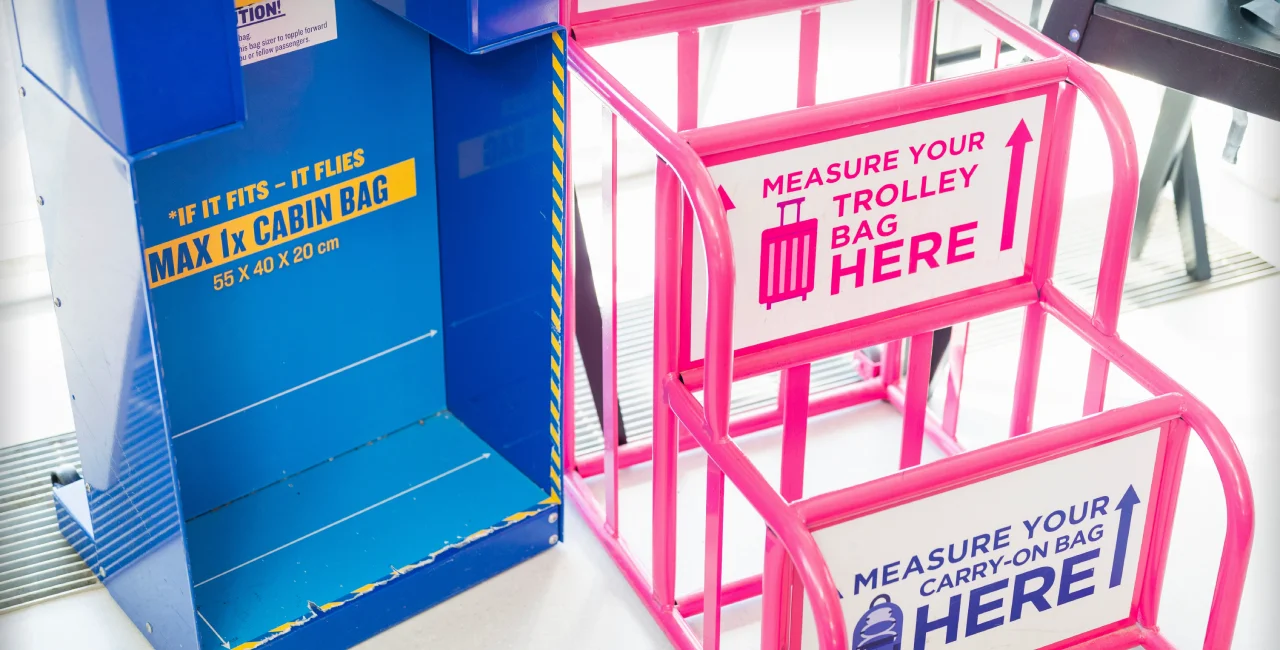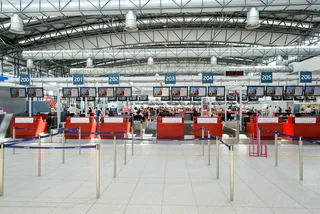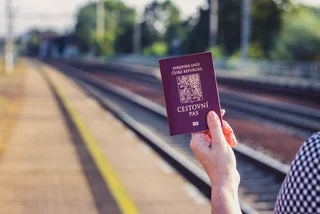European consumer organizations, including Czechia's dTest, have formally lodged a complaint with the European Commission and consumer protection authorities over what they describe as unfair charges for carry-on luggage imposed by several airlines.
The move comes amid growing frustration among travelers who face unexpected fees and unclear rules regarding the size and weight of carry-on bags. The consumer groups are calling for an EU-wide investigation and clearer, harmonized regulations to protect passengers and improve transparency.
The complaint targets seven airlines—such as Ryanair, Wizz Air, and EasyJet—accusing them of violating a 2014 European Court of Justice ruling that prohibits fees for carry-on bags of reasonable size.
Consumer groups demand enforcement of carry-on luggage rights
Since a landmark 2014 ruling by the European Court of Justice, passengers have had the right to bring carry-on luggage of a reasonable size on board without extra charges. However, consumer organizations across Europe argue that airlines routinely ignore this ruling by imposing fees on hand baggage, often confusing travelers with inconsistent size limits and surprise charges.
The European Consumer Organisation (BEUC), representing 17 groups including dTest from the Czech Republic, has accused seven airlines of abusing consumers by charging unlawful fees for carry-on bags.
These carriers include low-cost operators like Ryanair (Ireland), Wizz Air (Hungary), EasyJet (UK/Austria), Norwegian Airlines, Volotea (Spain), Vueling (Spain), and Transavia (France).
"Passengers often fear their personal bag won’t fit the airline’s bag sizer, leading to unexpected fees," says Agustín Reyna, BEUC’s general director. "We are taking action against airlines that ignore the highest European court’s decision, which clearly states fees for reasonably sized carry-on luggage are illegal."
Consumer groups also point to national enforcement actions: Spain’s authorities fined five airlines a combined EUR 179 million (nearly CZK 4.5 billion) in late 2024 for abusive carry-on baggage fees, while similar complaints and proceedings are underway in Belgium and Portugal.
Calls for clearer rules and better protections
A central issue remains the ambiguity over what constitutes a “reasonable” carry-on bag. The EU has not set precise size and weight limits, leaving airlines to define their own rules. This has resulted in a patchwork of regulations that confuse travelers and frequently lead to costly disputes at airports.
Research from the Dutch consumer group Consumentenbond supports the call for harmonization, finding that 86 percent of consumers expect the base ticket price to include one small personal item—like a handbag—and one carry-on bag or backpack.
BEUC and its member organizations urge the European Union to clarify these rights as part of an ongoing revision of passenger rights regulations. They advocate defining explicit size and weight thresholds for carry-on luggage to prevent unexpected fees and streamline enforcement.
The groups argue that harmonized rules would not only protect consumers but also benefit airlines and airports by reducing disputes and delays caused by inconsistent baggage policies.
Passengers booking low-cost flights from Prague can face unexpected high fees for carry-on bags, reports iDnes.cz. For instance, Ryanair allows a personal bag sized 40 x 20 x 25 cm under the seat with no weight limit included in the basic fare, but larger carry-ons up to 55 x 40 x 20 cm incur additional fees.
Passengers flying from Prague to London might be able to book flights for as low as CZK 369 on Ryanair this summer. But they could also be hit with an additional charge of up to CZK 1800 for their carry-on bag.
Have you ever faced unexpected baggage fees at the airport?
Wizz Air similarly restricts free luggage to bags fitting under the seat with a 10 kg weight limit, charging more for larger cabin bags. Even traditional carriers like Smartwings have increased baggage fees, with prices for checked and carry-on luggage varying depending on the fare purchased.
While some airlines defend their policies as necessary for operational efficiency and cost recovery, consumer advocates warn that these fees are becoming disproportionate and undermine passengers’ trust.












 Reading time: 3 minutes
Reading time: 3 minutes 

























